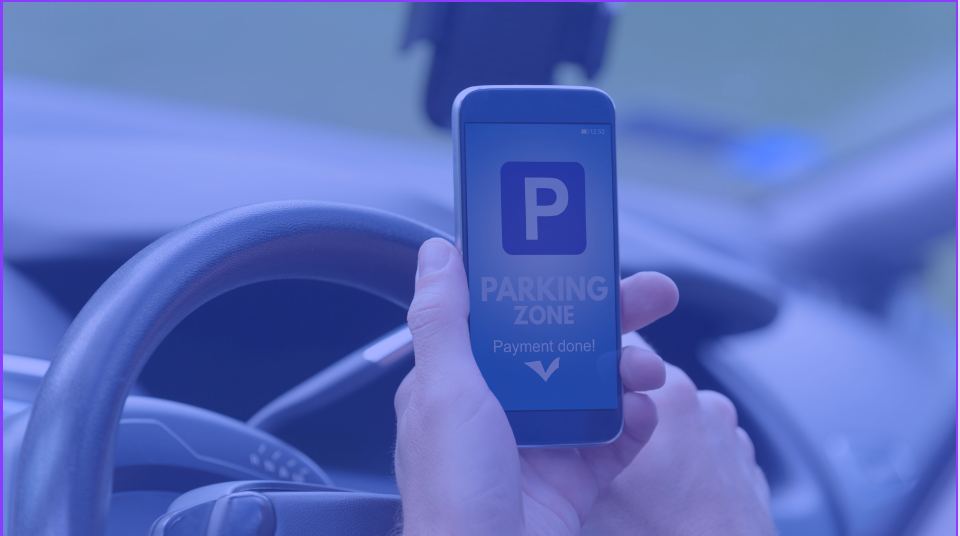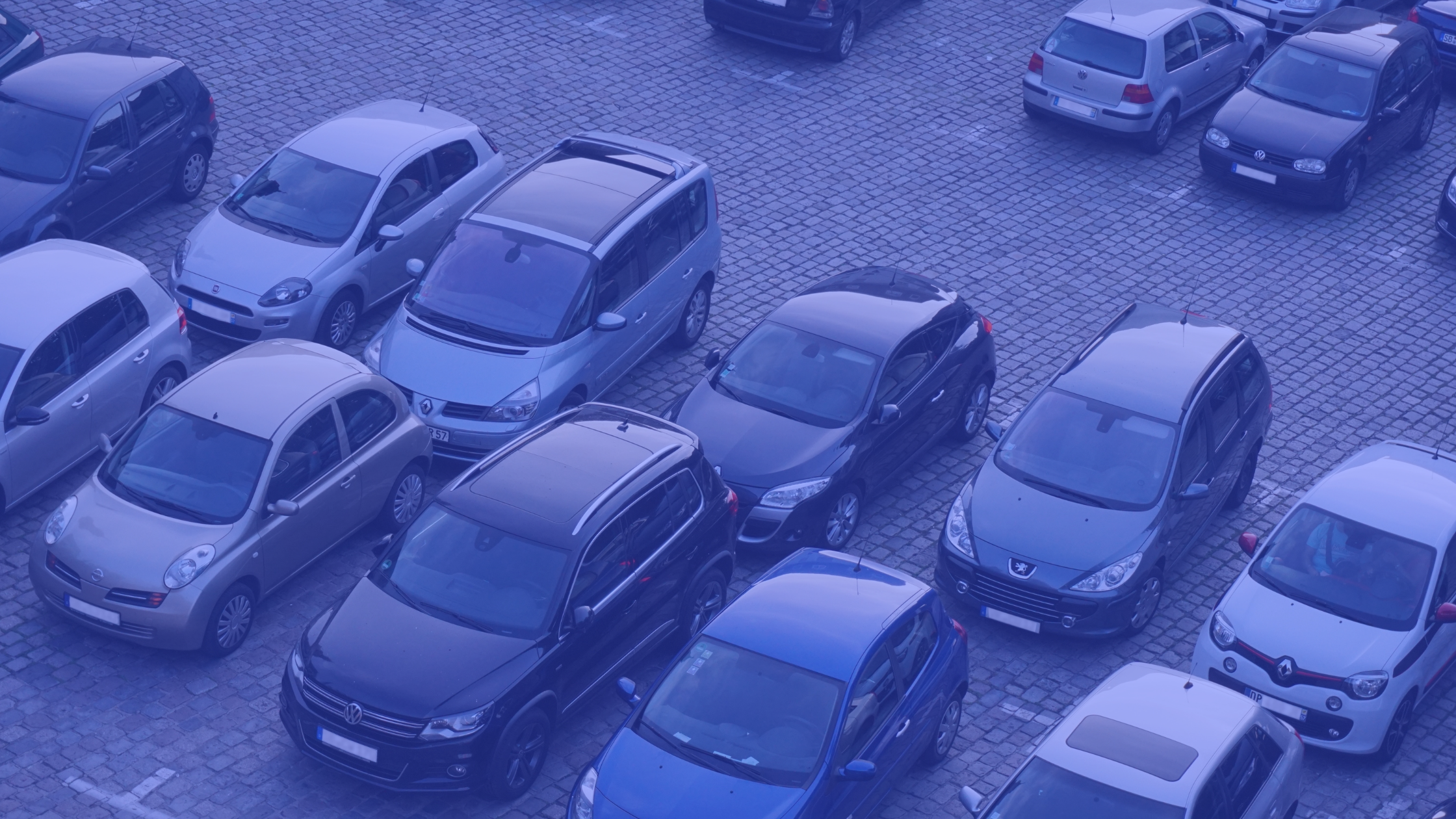In the era of digitization, every aspect of our lives is undergoing transformation - and parking is no exception. Parking apps, utilizing the latest technologies, have become a crucial element in facilitating the lives of drivers and parking managers. In this article, we will explore different types of parking apps and their impact on urban mobility.
Mobile Payments in Paid Parking Zones
Let's start with the most basic function - payments for parking in paid parking zones in cities. Apps such as FlowBird, SkyCash/mobiParking, AnyPark, moBilet, mPay, CityPark App, and EasyPark (not yet available in Poland, but in many EU countries) allow for quick and convenient payment for parking in paid zones without the need to use traditional parking meters. Users can make payments directly from their smartphones, significantly saving time and increasing convenience, especially when our parking time extends, and instead of returning to the parking meter, we extend our stay in the app.
Mobile Payments and Reservations in Closed Parking Lots
Another category includes closed parking lots (hotels, galleries, office buildings, stadiums, etc.). Here, apps such as NaviPay, Share.P, Apcoa Flow, ParkCash come into play. This is the perfect solution for those planning to visit places with limited parking availability. Thanks to these apps, drivers can plan their arrival in advance, knowing that a space awaits them through prior reservation, or they can pay mobile instead of wasting time searching for cash parking.
Sharing Office Parking Spaces
Sharing parking spaces through innovative apps, such as ParkCash, NaviParking Enterprise, Parkiza, Parkey, ParkingShare, Parkalot, effectively addresses the needs of hybrid work and rotation management in office parking lots. Thanks to them, parking managers and tenants not only better utilize existing parking infrastructure (by moving away from permanently assigned spaces in favor of rotating spaces) but also reduce street congestion (an employee with a reservation goes directly to their destination and does not search for parking around the building). Parking sharing also contributes to reducing emissions and improving air quality by reducing the number of vehicles circling in search of parking spaces. Therefore, it is not only about efficient space management but also about environmental benefits and urban residents' quality of life. Some of the mentioned apps integrate with parking access control (ParkCash, Naviparking Enterprise, Parkiza), while others provide a mobile solution for parking space reservation (the barrier opens, for example, with a card with permanent access).
Building Platforms
Building apps have gained popularity with the advent of hybrid work. They allow for the reservation of various office resources: meeting rooms, desks, and parking spaces. They are often deeply integrated with the office building's access control system. The parking module is one of the many functionalities of such solutions. It is worth mentioning: Zonifero, HqO, Chainels, Equiem (SpaceOS), Sharry, Tidaro.
EV Charging
With the increasing popularity of electric vehicles (EVs), the need for access to charging stations is also growing. Apps such as EloCity, GreenWay Polska, Orlen Charge, Shell Recharge not only help EV drivers find available charging points but also enable them to effectively manage the charging process and payment for it, all through one application. Thanks to this, EV drivers can travel smoothly, knowing that they will always find a suitable place to charge their vehicles.
Navigation
Systems such as Mercedes Me continuously collect information from cameras and sensors in Mercedes vehicles about the availability of parking spaces in real-time and provide it to drivers, making it easier for them to find parking spaces. It is expected that more car manufacturers will make such systems and data available to better inform drivers about parking space availability. Over time, Google Maps will probably use such data to indicate available parking spaces.
Shared Mobility
Apps supporting shared mobility, such as Uber, FreeNow, and Bolt, have become an integral part of urban life, offering various alternatives for transportation. In addition to traditional taxi services, these platforms provide access to car-sharing, where users can rent a car for a short time, or bike-sharing, which provides access to rental bikes for short trips. This allows more people to move around the city without the need to own a car, contributing to the reduction of street congestion and emissions, thereby improving the quality of life in cities.
SmartCity and Integration with the City
SmartCity apps, such as ITS Tarnów, integrate various urban mobility functions, including parking, into one platform. They provide basic information about traffic, weather conditions, and parking spaces in the city. SmartCity apps are a step towards smarter and more integrated urban space management.
In summary, parking apps are a key element in shaping the future of urban mobility. Thanks to them, both drivers and parking managers can enjoy numerous benefits, which not only save time and money but also contribute to a more sustainable and efficient use of urban space. As technology continues to evolve, we can expect even greater integration and innovation in the field of parking apps, which will have a positive impact on urban life.









